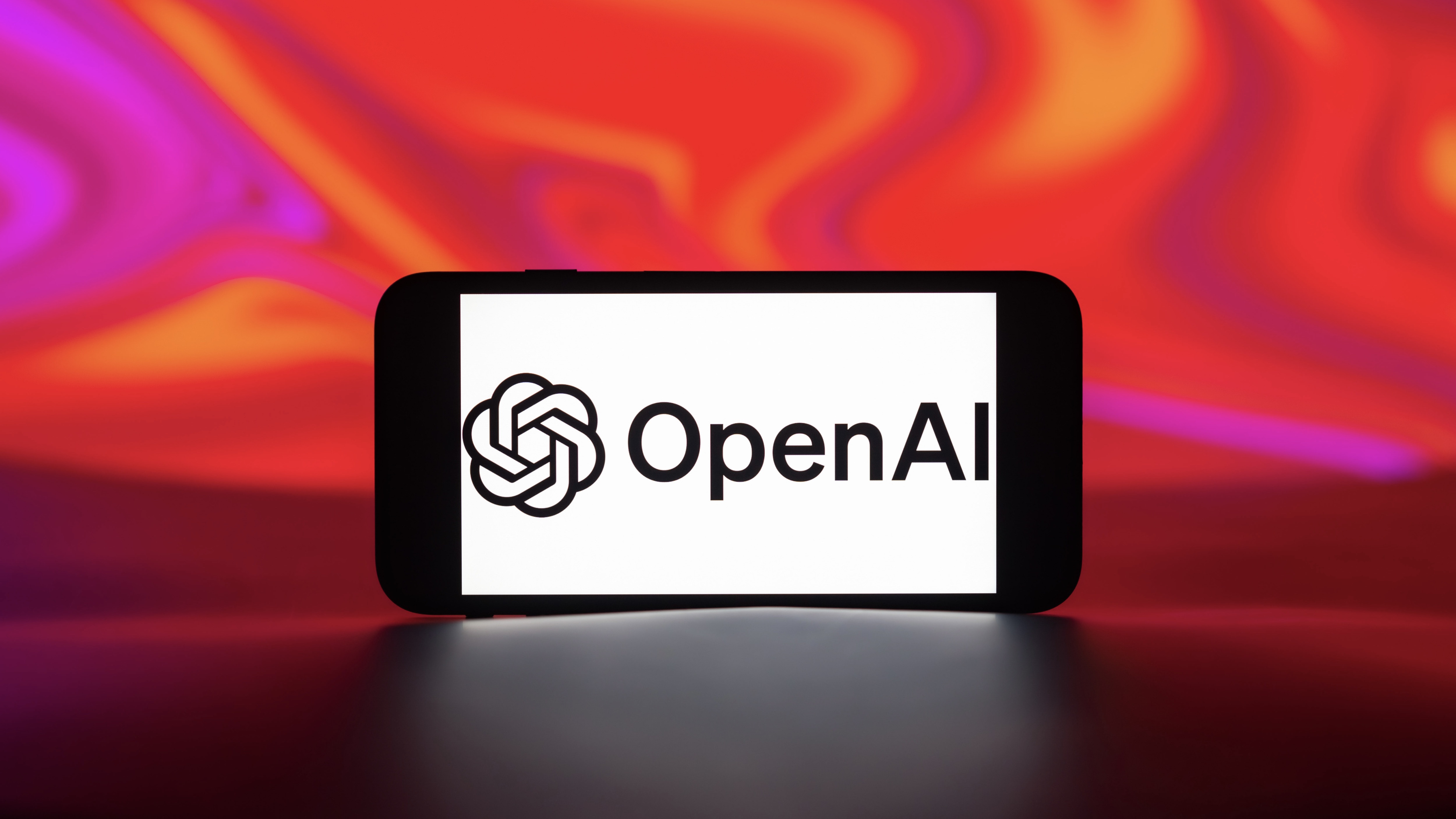Will OpenAI’s no-code approach to custom GPTs democratize AI innovation or open the floodgates for chatbot bloatware?
OpenAI’s new marketplace for AI agents will let non technical users create custom GPTs and profit from their creations, but concerns about the standard of tools that will hit the market persist


OpenAI’s GPT store is set to go live this week and will allow users to create custom AI assistants using simple text instructions. There are some concerns over the quality of the custom GPTs that will be available on the marketplace, however.
The store was originally slated to go live in November 2023, but was postponed as a result of OpenAI’s leadership debacle that ensued after the nonprofit’s board elected to oust its then CEO Sam Altman.
Those who signed up to the store as GPT Builders received an email from OpenAI on 4 January announcing the marketplace will be launched the following week and asked them to ensure their GPTs are compliant with the store’s guidelines.
OpenAI’s announcement of the store, and the no-code plain language GPT builder, precipitated speculation from media outlets and on social media about the impact this will have on innovation in the AI space moving forward.
The no-code approach has been lauded in coverage from TechCrunch and Coinspeaker as a step toward democratizing AI development, whereas others, such as technology futurist, keynote speaker, and author Theo Priestley, have erred on the side of caution with respect to the standard of the custom GPTs that will be available on the marketplace.
Read more
The AI giant’s plans to share revenues on the store's most popular GPTs has sparked a flood of activity online detailing how users can make money using the new platform, often listing a number of popular ideas for AI assistants that users can target.
With this profit motive and such a low barrier to entry, the marketplace could become flooded with iterative clones of popular ideas for AI agents, making it difficult for users to separate useful GPTs from the junk.
Get the ITPro daily newsletter
Sign up today and you will receive a free copy of our Future Focus 2025 report - the leading guidance on AI, cybersecurity and other IT challenges as per 700+ senior executives
‘Stroke of marketing genius’, but not a threat to custom AI creators
Speaking to ITPro, chief product and technology officer at digital consultancy xDesign, Jeff Watkins, said the GPT store will have a strong appeal by virtue of its no-code approach to creating custom AI agents.
“Custom GPTs and the upcoming marketplace are a stroke of marketing genius from OpenAI. It sounds like you’re building your own personal AI, with no coding required – i.e. Just have a conversation with GPT and you can have your own personalized experience.”
Yet Watkins claims, however, the agents built using the GPT builder are merely “really nice prompt engineering in a trench coat” rather than what he describes as real fine-tuning.
“It won’t replace a true custom model” he says. “They are fairly limited in comparison to GPT Plugins (which are an alternative). What you can expect from CustomGPTs is really just a custom chatbot, but without any extensive specialization”.
“This marketplace will not be a genuine threat to those building a proper Gen-AI service. Sure it’s going to challenge those just fronting ChatGPT, but those who have fine-tuned models, used embeddings and custom code have nothing to fear from this. They also require a premium subscription and aren’t suitable for a deployed service, the OpenAI APIs are more suitable for that.”
RELATED RESOURCE

The enterprise’s guide for Generative AI
Discover how you can make the most of the opportunities GenAI offers
DOWNLOAD NOW
More optimistic about the store’s approach to AI development, assistant professor at Leiden University in the Netherlands and AI Lab director at low-code software specialists Pegasystems, Peter van der Putten, said the concept underpinning custom GPTs is a strong one that will help popularize the adoption of generative AI agents.
“The bigger idea behind OpenAI’s GPTs is very powerful” van der Putten told ITPro, “Programming-based agent frameworks such as LangChain have been around for a while, OpenAI recognizes the importance of low-code or no-code solutions in quickly discovering and validating use cases, and in nurturing an ecosystem of AI agents”.
“OpenAI’s GPTs and the GPT Store will go a long way towards popularizing the idea of generative AI agents, but the focus will be on long-tail consumer apps.”
Van der Putten added that businesses in particular could benefit from a simplified way to build a suite of custom AI assistants targeting specific tasks, but these would need to be closely governed to maintain privacy and security.
“For enterprise business to business use cases, low code approaches to AI agents will also be beneficial. But to operate these in a governed fashion that organizations expect, they must be embedded into enterprise architectures that address privacy, security and integration with internal data sources and systems,” he said.
Although the no-code approach is enticing for individual users and businesses alike, Watkins thinks it will ultimately lead to the market being swamped with hastily built agents targeting popular use cases that will end up driving users away from the platform.
“I predict that the marketplace will end up bloated with hundreds of thousands of very similar apps, the barrier to entry is low and there’s no quality bar upon which they’re measured,” he said. “I hope they include a ratings system and eventually implement quality control, otherwise people will likely stop using it as they won’t be able to find the genuinely useful ones.”

Solomon Klappholz is a former staff writer for ITPro and ChannelPro. He has experience writing about the technologies that facilitate industrial manufacturing, which led to him developing a particular interest in cybersecurity, IT regulation, industrial infrastructure applications, and machine learning.
-
 Bigger salaries, more burnout: Is the CISO role in crisis?
Bigger salaries, more burnout: Is the CISO role in crisis?In-depth CISOs are more stressed than ever before – but why is this and what can be done?
By Kate O'Flaherty Published
-
 Cheap cyber crime kits can be bought on the dark web for less than $25
Cheap cyber crime kits can be bought on the dark web for less than $25News Research from NordVPN shows phishing kits are now widely available on the dark web and via messaging apps like Telegram, and are often selling for less than $25.
By Emma Woollacott Published